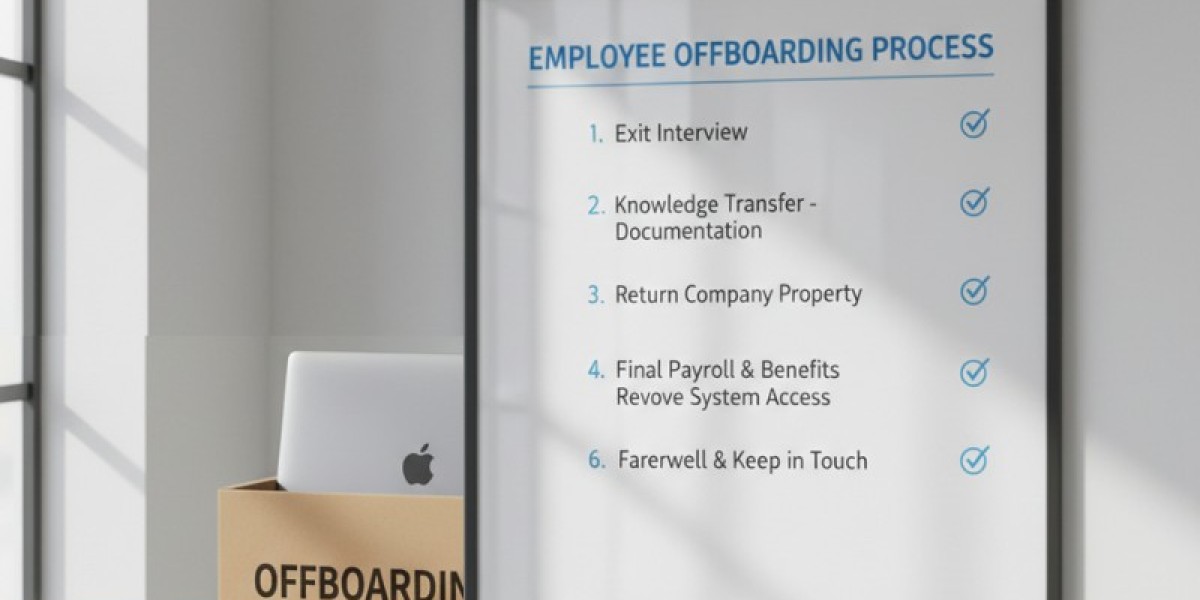Have you ever wondered what happens when an employee leaves your organization? Just like onboarding sets the stage for success, offboarding plays a crucial role in protecting your company’s reputation, knowledge base, and workplace culture. But what exactly is employee offboarding, and why does it matter so much?
In simple terms, employee offboarding is the structured process of managing the exit of an employee from a company. Done well, it ensures compliance, protects sensitive data, and leaves the departing employee with a positive impression of your organization.
What Is Employee Offboarding?
Employee offboarding refers to the formal separation of an employee from a company, covering far more than just returning a laptop or signing final paperwork. It includes conducting exit interviews, ensuring a proper transfer of knowledge, retrieving company property, revoking system access, processing payroll and benefits, and maintaining positive relations for potential future collaboration. By following a structured plan, organizations reduce risks while maintaining professionalism and goodwill.
Why Is Employee Offboarding Important?
The importance of employee offboarding lies in its ability to safeguard both the company and the employee. It protects company assets by preventing unauthorized access to systems and sensitive data. It preserves reputation by ensuring employees leave on good terms, which reduces the chances of negative reviews. It also improves workplace culture by showing remaining employees that the organization values respect and fairness. Finally, it opens doors for potential boomerang hires, as employees who leave with a positive impression are far more likely to return in the future.








